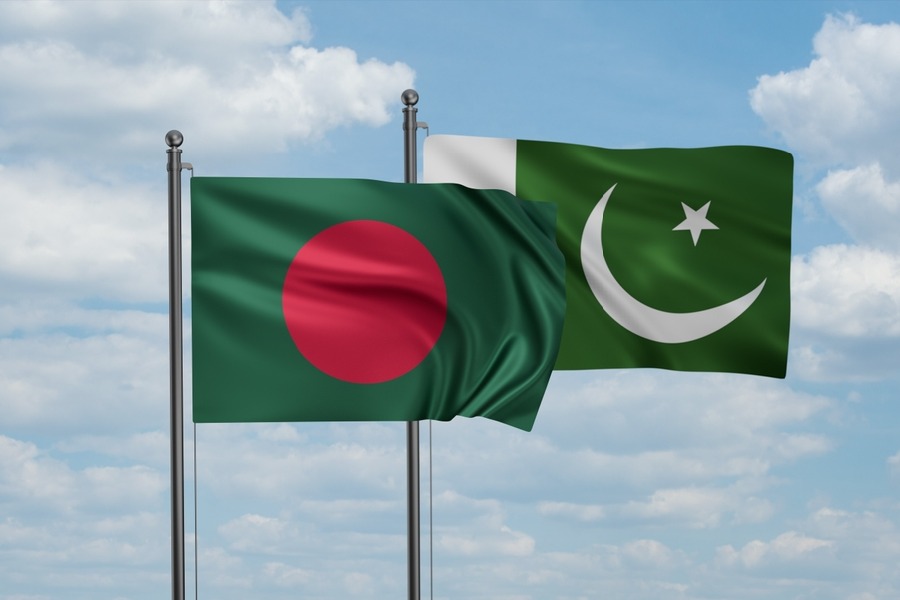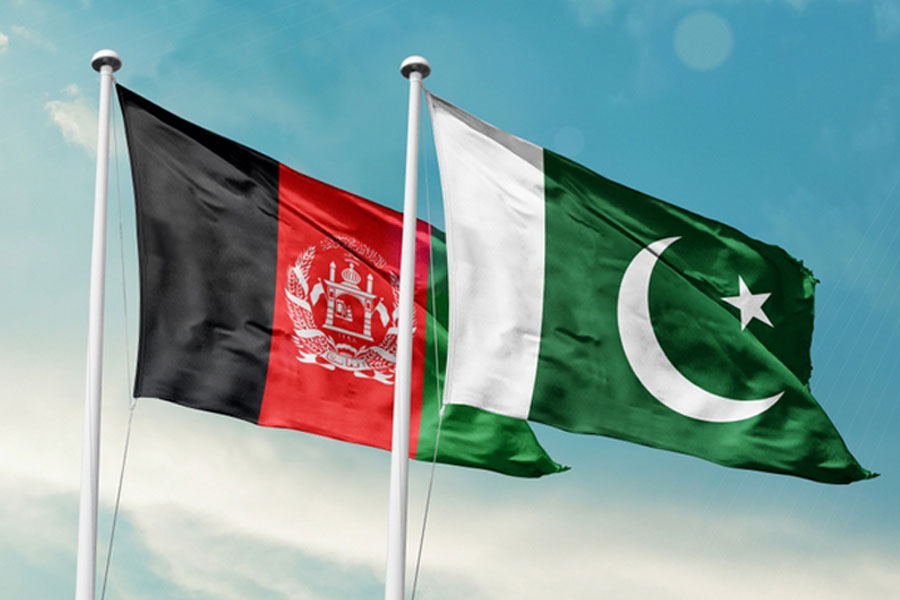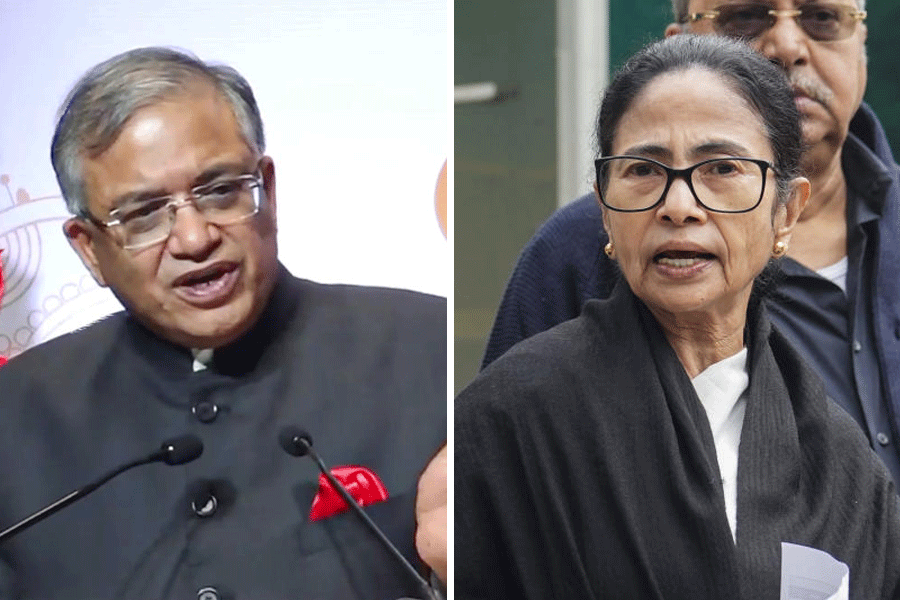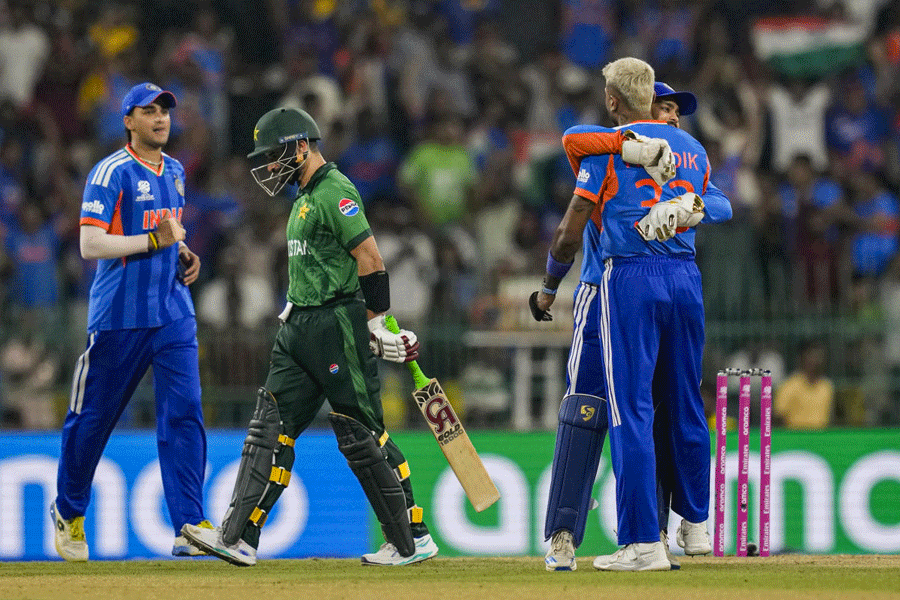After several years of hiatus, direct flights are all set to resume between Bangladesh and Pakistan from December, bringing Dhaka and Islamabad closer since Mohammad Yunus took over as chief adviser to the interim government.
Dhaka’s top diplomat in Islamabad confirmed the development on Wednesday, calling it a boost for travel and trade as the two countries continue to inch closer.
“Mahan Air will start three weekly flights between Dhaka and Karachi from next month,” Bangladesh’s High Commissioner in Islamabad, Iqbal Hussain Khan, told businessmen at the Lahore Chamber of Commerce & Industry (LCCI). He did not specify the exact date or other operational details.
The service will be operated by Mahan Airlines, known as Mahan Air, a privately owned Iranian carrier headquartered in Tehran.
Till Sheikh Hasina was the Prime Minister of Bangladesh, India had a trusted ally in South-East Asia. Since a students’-led coup toppled her government, who was sentenced to death by a Bangladesh court last week, she has been living in New Delhi in exile.
“There has been no direct flight between Pakistan and Bangladesh for the last several years. As relations between the two countries improved this year, two Pakistani private airlines have recently received approval for direct flights.”
According to the high commissioner, Dhaka has also eased entry procedures to facilitate faster travel.
“The visa process has been simplified. Visas are now being issued on the joint recommendation of LCCI and the Bangladesh Honorary Consulate in Lahore.”
He added: “Visas will be issued to members within three to four days, making travel between the two countries faster and easier.”
Khan said the upcoming flights “will be a significant leap in strengthening connectivity between the two countries.”
Two Pakistani private airlines — Fly Jinnah and AirSial — have also received the green signal from Bangladeshi aviation authorities to operate direct flights.
Khan further revealed that a strengthened cargo connection is also in the pipeline.
“While a cargo service between the two countries has been operational since last December, rising trade demand now requires a dedicated direct cargo route,” he said.
LCCI president Faheemur Rehman Saigol said Pakistan could increase rice exports to Bangladesh while Dhaka could supply fresh pineapples to Pakistani markets, alongside enhanced trade in textiles and ready-made garments. He noted that collaboration potential extended to sectors like IT, automobiles and manufacturing.
“At present, bilateral trade stands at $700 million but it may increase up to $ 3 billion over the next few years,” Saigol said, noting that the resumption of direct flights would boost commercial ties.
Pakistan’s military outreach too has intensified over the last two months.
In early October, Lt Gen Tabassum Habib led a senior military delegation to Dhaka for discussions on intelligence sharing and security cooperation. This was followed in late October by a visit from Gen Sahir Shamshad Mirza, Pakistan’s top military officer, who met Yunus and Bangladesh’s service chiefs to discuss defence, trade and investment ties.
In November, Pakistan Navy chief Admiral Naveed Ashraf also travelled to Dhaka, with Pakistan reportedly seeking berthing and refit facilities for its submarines at Pekua—an indication of Islamabad’s renewed strategic interest in the Bay of Bengal.
This accelerated engagement is widely viewed by diplomatic observers as part of a broader recalibration in Dhaka, aimed at nudging India to reconsider its backing for the now-banned Awami League and to respond to mounting pressure over Sheikh Hasina’s extradition.
Analysts familiar with Bangladesh’s power shifts say Yunus’s approach follows an old pattern: regimes uneasy with New Delhi have historically leaned towards Islamabad and Beijing for strategic depth.
Against this backdrop, the two countries have exchanged 11 high-level delegations in under a year, taking decisions on training, joint exercises, weapons procurement and intelligence coordination.
Taken together, these moves underscore how the resumption of direct flights sits within a larger realignment — one that is reshaping Bangladesh–Pakistan ties across diplomacy, defence and regional strategy.











